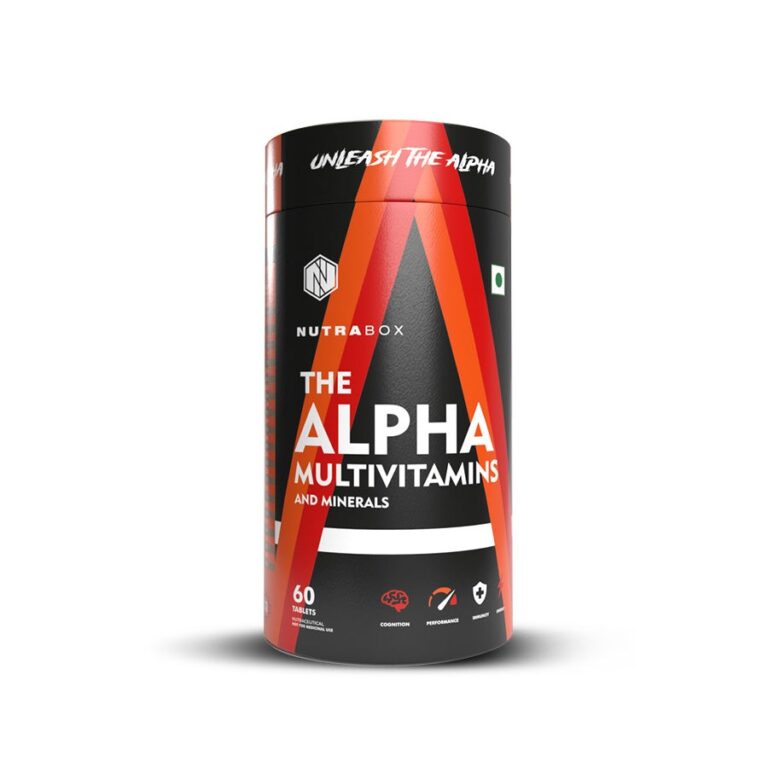In today’s fast-paced world, where juggling work, family, and social obligations often leaves little time for healthy eating, many of us turn to multivitamin supplements to bridge the nutritional gaps in our diet. However, the question remains: Are multivitamin tablets truly the key to better health, or are they merely a temporary solution to a long-term problem? With a wealth of information, and sometimes misinformation, circulating about the benefits and necessity of multivitamins, it can be hard to determine if these supplements are genuinely worth incorporating into your daily routine.
Most people know the importance of eating a balanced diet full of fruits, vegetables, whole grains, and lean proteins, but few actually manage to do so consistently. In an ideal world, all of our vitamins and minerals would come from whole foods, but let’s face it—life gets in the way. This is where multivitamin tablets come into play. By providing a concentrated dose of essential nutrients, multivitamins can help fill nutritional gaps, ensuring that your body receives the vitamins and minerals it needs to function optimally.
Understanding the Role of Multivitamins
Multivitamin tablets are designed to deliver a wide spectrum of vitamins, minerals, and other nutrients that your body requires to stay healthy. These supplements typically contain a combination of essential nutrients, including vitamins A, C, D, E, and the B-vitamins, along with minerals like calcium, magnesium, and zinc. While each nutrient has its own specific role in the body, together, they work synergistically to support key functions such as immune health, energy production, bone strength, and even mental clarity.
For example, vitamin D is vital for bone health and immune function, while B-vitamins support energy metabolism and help reduce fatigue. Vitamin C, a powerful antioxidant, boosts the immune system, and magnesium plays a crucial role in muscle and nerve function. By providing these nutrients in one convenient pill, multivitamins help ensure that you’re not missing out on any of these essential compounds, especially if your diet lacks certain nutrients.
While multivitamins can’t replace a poor diet, they can act as a safety net, ensuring that your body still receives the necessary nutrients it needs to maintain good health. For many individuals, this added nutritional insurance is a key reason why multivitamin tablets have become such a popular supplement.
The Benefits of Multivitamins
Taking multivitamin tablets regularly can support overall health in several ways. First and foremost, they can help prevent nutrient deficiencies. Deficiencies in essential vitamins and minerals can lead to a range of health issues, from fatigue and weak bones to compromised immune function and skin problems. Multivitamins act as a form of insurance, helping to safeguard your health against deficiencies that might otherwise go unnoticed until they cause significant issues.
Another benefit is improved energy levels. Many people who suffer from low energy or chronic fatigue may have underlying nutrient deficiencies, such as a lack of B-vitamins or iron. Multivitamin tablets can help address these deficiencies, potentially boosting energy and helping you feel more active and engaged throughout the day. If you’re constantly feeling tired or sluggish, it might be worth considering a multivitamin to ensure your body is getting the right fuel to power through the day.
Multivitamins may also support mental health. Certain vitamins and minerals, such as vitamin D and magnesium, are closely linked to mood regulation and cognitive function. A deficiency in these nutrients could contribute to feelings of anxiety, depression, or brain fog. By supplementing with multivitamins, you can help ensure that your brain is receiving the nutrients it needs to stay sharp and focused.
Additionally, multivitamins can help improve skin, hair, and nail health. Vitamins like A, C, and E are essential for healthy skin and can contribute to a youthful appearance by supporting collagen production and fighting free radicals that cause skin aging. Biotin, a B-vitamin, is well-known for promoting healthy hair and nails, making it a common inclusion in many multivitamin formulations.
Are Multivitamins Right for Everyone?
While multivitamins offer a variety of benefits, it’s important to note that they may not be necessary for everyone. People who already consume a well-balanced, nutrient-rich diet may not require multivitamin tablets. For individuals with specific health concerns, a targeted supplement (such as a vitamin D supplement for those with low levels) might be more effective than a general multivitamin. Furthermore, taking excessive amounts of certain vitamins and minerals can be harmful, leading to toxicity or other health issues.
Before adding multivitamins or any supplement to your routine, it’s always a good idea to consult with a healthcare provider. They can help you determine if a multivitamin is right for you, and if so, which type would best suit your individual needs.
Conclusion
In conclusion, multivitamin tablets can be a valuable addition to your health routine, especially if you’re struggling to meet your nutritional needs through food alone. While they shouldn’t be seen as a replacement for a healthy diet, multivitamins can offer essential nutrients that support overall well-being. Whether you’re looking to boost energy, strengthen your immune system, or improve skin and hair health, multivitamins can play a significant role in filling the gaps and ensuring that your body stays in top shape.
For those considering a high-quality, reliable source of multivitamins, Nutrabox offers a range of expertly formulated supplements to meet various health needs. Their commitment to quality and purity makes them a trusted choice for individuals looking to enhance their health and well-being. Always choose a supplement that works best for you and supports your individual health goals!
